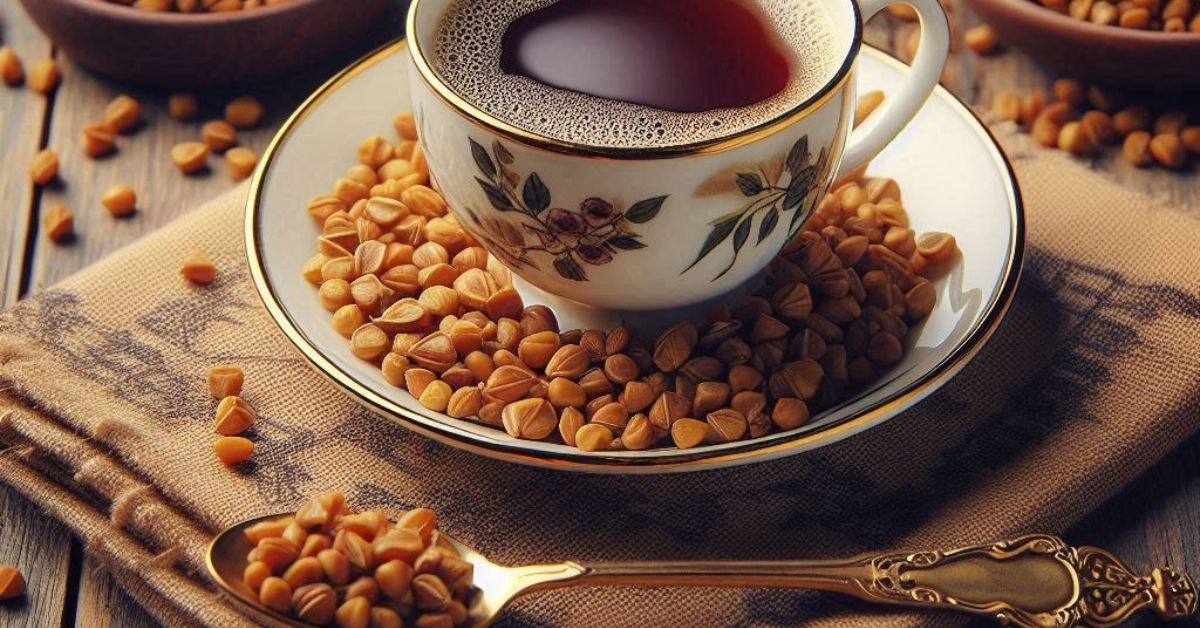Hilba seeds, also known as fenugreek (Trigonella foenum-graecum), have emerged as a powerful natural supplement gaining recognition worldwide. This comprehensive guide explores the science-backed benefits, practical uses, and expert insights about this ancient medicinal herb.
What Are Hilba Seeds?
Hilba seeds come from the fenugreek plant, a legume native to the Mediterranean region and South Asia. These golden-brown seeds have been treasured for over 6,000 years in traditional medicine systems, particularly in Ayurveda and Middle Eastern healing practices.
Nutritional Profile
Hilba seeds pack an impressive nutritional punch per 100 grams:
- Protein: 23g
- Dietary Fiber: 48g
- Iron: 33% DV
- Magnesium: 191mg
- Potassium: 770mg
- Vitamin B6: 0.6mg
They also contain unique compounds like:
- 4-hydroxyisoleucine
- Diosgenin
- Trigonelline
- Galactomannan
Science-Backed Health Benefits
1. Blood Sugar Management
Research published in the Journal of Ethnopharmacology shows that hilba seeds can improve insulin sensitivity. The amino acid 4-hydroxyisoleucine directly stimulates insulin production, making these seeds valuable for diabetes management.
2. Digestive Health Support
Studies indicate that the high fiber content (48g per 100g) promotes healthy gut bacteria growth and improves digestion. The natural mucilage in hilba seeds helps soothe digestive discomfort and reduce inflammation.
3. Lactation Enhancement
Clinical research has demonstrated that hilba increases breast milk production in nursing mothers by up to 45%. The diosgenin content stimulates mammary gland development and milk production.
4. Heart Health Protection
Regular consumption may reduce cholesterol levels by 14-16%, according to a study in the International Journal of Vitamin and Nutrition Research. The saponins in hilba seeds help lower LDL cholesterol while maintaining healthy HDL levels.
Practical Uses and Applications
Culinary Applications
- Morning Tea: Soak 1 teaspoon of seeds overnight, boil in the morning
- Spice Blend: Ground seeds add depth to curries and stews
- Sprouting: Germinated seeds offer enhanced nutritional benefits
- Hilba in Yemeni Cuisine – This is my favorite way to consume fenugreek is as a paste, traditionally prepared by soaking and whipping the seeds. It’s a delicious addition to soups, adding a rich, frothy texture and unique flavor. (Click here for a simple recipe)
Traditional Preparations
- Hilba Tea Infusion
- Soak: 1-2 teaspoons seeds overnight
- Boil: 5 minutes in fresh water
- Strain and enjoy with honey (optional)
- Therapeutic Paste
- Grind seeds into powder
- Mix with warm water
- Apply topically or consume with meals
Dosage and Safety Guidelines
Recommended Dosage
- General Health: 1-2 teaspoons daily
- Blood Sugar Management: 2-5g with meals
- Lactation Support: 3-6g daily, divided doses
Precautions
- Pregnancy: Consult healthcare provider before use
- Diabetes Medication: Monitor blood sugar closely
- Blood Thinners: May interact with anticoagulant medications
Storage and Preparation Tips
- Store in airtight containers away from sunlight
- Whole seeds maintain potency longer than powder
- Check for freshness by aroma (should be maple-like)
Expert Tips for Maximum Benefits
- Start with small doses to assess tolerance
- Combine with black pepper to enhance absorption
- Use freshly ground seeds for optimal potency
- Incorporate into daily meals for consistent benefits
Conclusion
Hilba seeds offer a remarkable combination of nutritional and therapeutic benefits supported by both traditional wisdom and modern research. Whether you’re seeking to improve your health naturally or enhance your culinary adventures, these versatile seeds deserve a place in your daily routine.
FAQs
How long do hilba seeds last?
Properly stored whole seeds can last up to 2 years.
Can I take hilba seeds daily?
Yes, when consumed in recommended amounts (1-2 teaspoons daily).
How quickly do hilba seeds work for lactation?
Most mothers notice increased milk production within 24-72 hours.
Are there any alternatives to hilba seeds?
While unique, other herbs like blessed thistle and fennel offer similar benefits.


